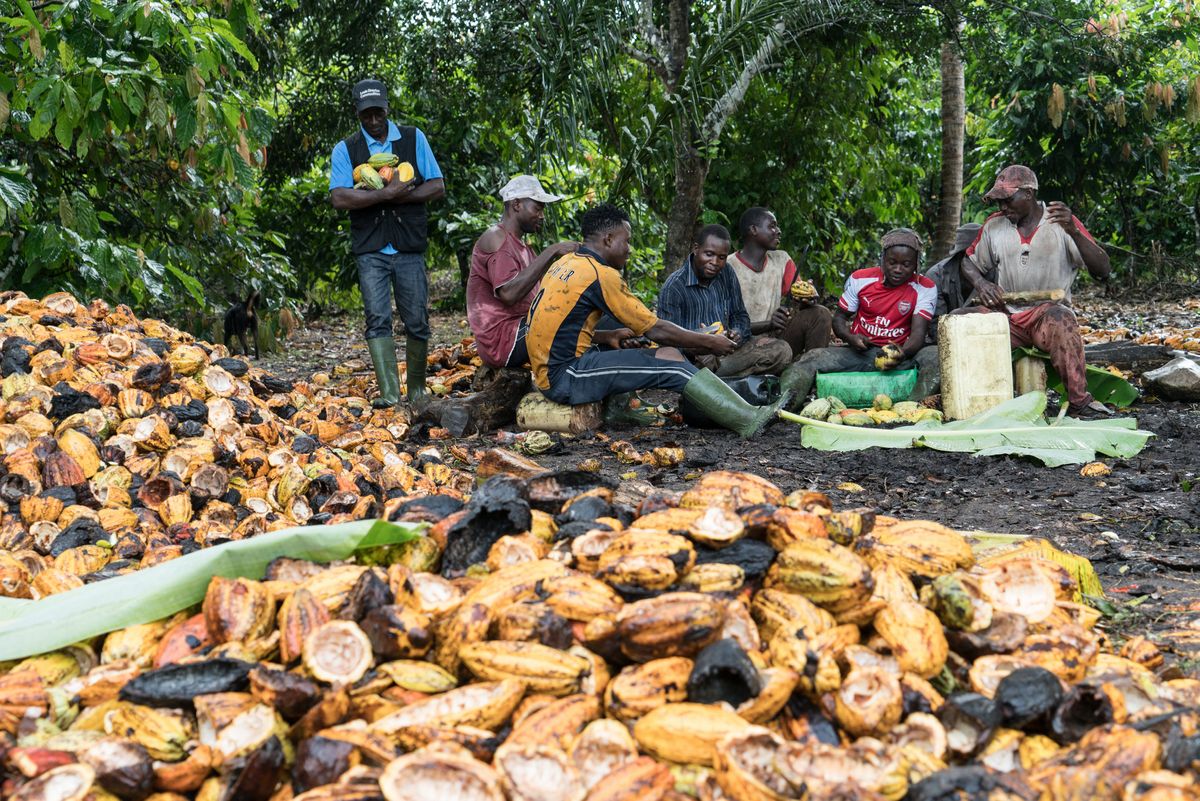Under EUDR, coffee growers hoping to sell to the world’s largest economy will have to digitally map their supply chains down to the plot where the raw materials were grown, a task that could involve tracing millions of small farms in remote regions.
In Ethiopia, where some 5 million farming families rely on coffee beans, orders have been drying up in recent months. Ivory Coast – the world's largest exporter of cocoa – ships around 70% of its annual output to the EU, but half of its crop is sold by local intermediaries and thus difficult to trace.
The law could increase small-scale farmer poverty and raise prices for EU consumers, while also undermining the EUDR's impact on forest conservation, as countries like Ivory Coast are considering declassifying protected forests so that they comply with the EU regulations.



















